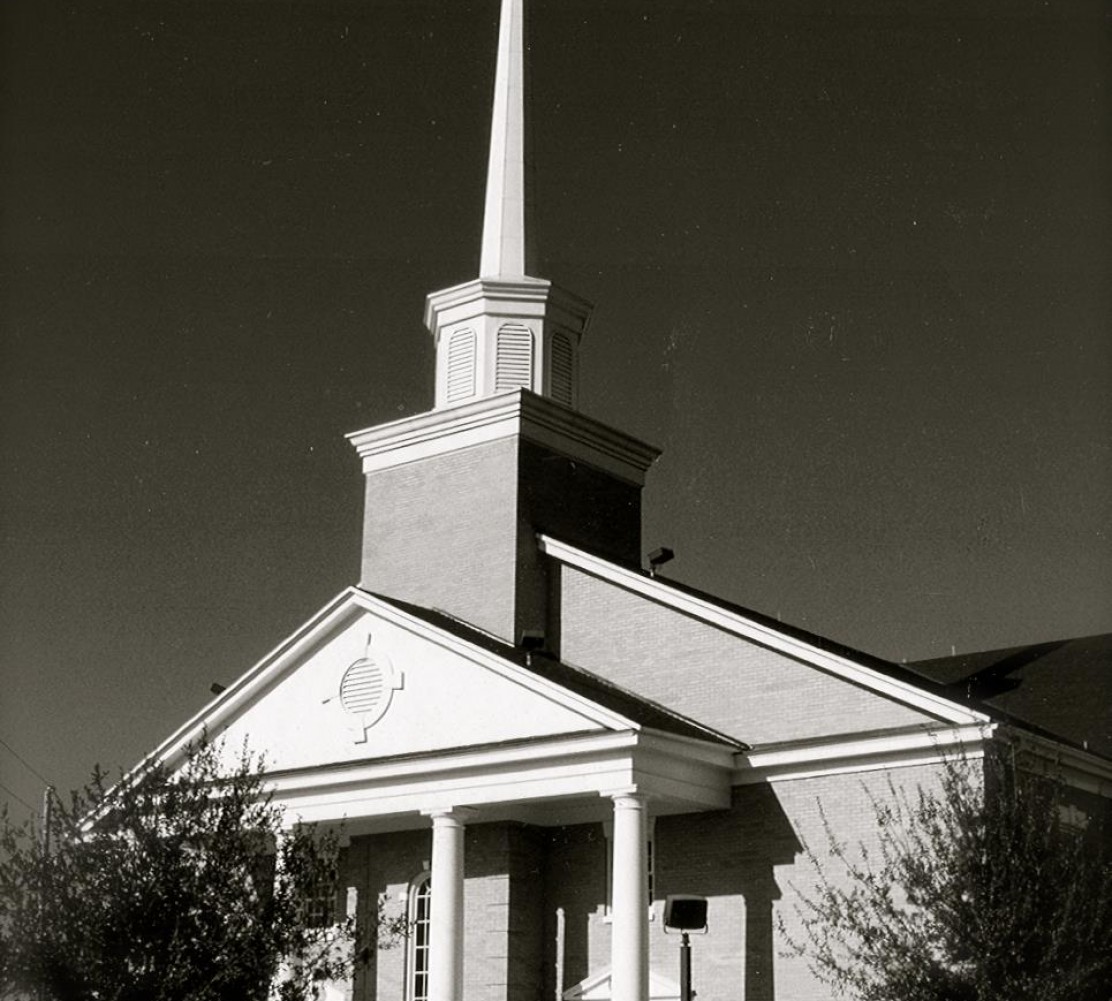Still reading The Presidents’ Club. Here’s another illustration from it: John F. Kennedy inherited a really tough situation when he came into office. Eisenhower had started plans to undermine Castro through military training for Cubans living in Guatemala. However, the planning and preparation began to move beyond Eisenhower’s original ideas, and American involvement became deeper and more advanced. In the transition period between presidents, the planning picked up momentum and took on a life of its own.
Kennedy came in and didn’t want to cast aside the brilliant general’s plans, but he modified the plan enough (removing air strikes, for example) that it was definitely doomed to failure – as history proved. Along the way, he was given a LOT of bad advice by his top advisors. However, when the Bay of Pigs Invasion turned into a tragic fiasco, Kennedy stepped up and took full responsibility. He refused to blame Eisenhower or his advisors; he openly admitted that as president he had made the call and that he would take the blame. Significantly, this seems to have benefited Kennedy in two ways: 1) his popularity just TWO weeks after the Bay of Pigs debacle was shown by a Gallup poll to be 83 PERCENT (p. 143 of the book), and 2) it seems (in my opinion) to have set Kennedy up for his success during the Cuban Missile Crisis. I think manning up in the Bay of Pigs failure personally and internally prepared Kennedy to face down Khrushchev, and it might have helped Khrushchev take Kennedy seriously when he did so.
I think this is a good potential illustration for passages that deal with honest confession of sin, openly dealing with mistakes or sins you have committed, and being a responsible steward of what we’ve been entrusted with. Some passages: Genesis 3 (as a contrast to the blame game played by Adam and Eve), Psalm 32, Psalm 51, Matthew 18, and Matthew 25:14-30 (Parable of the Talents).
